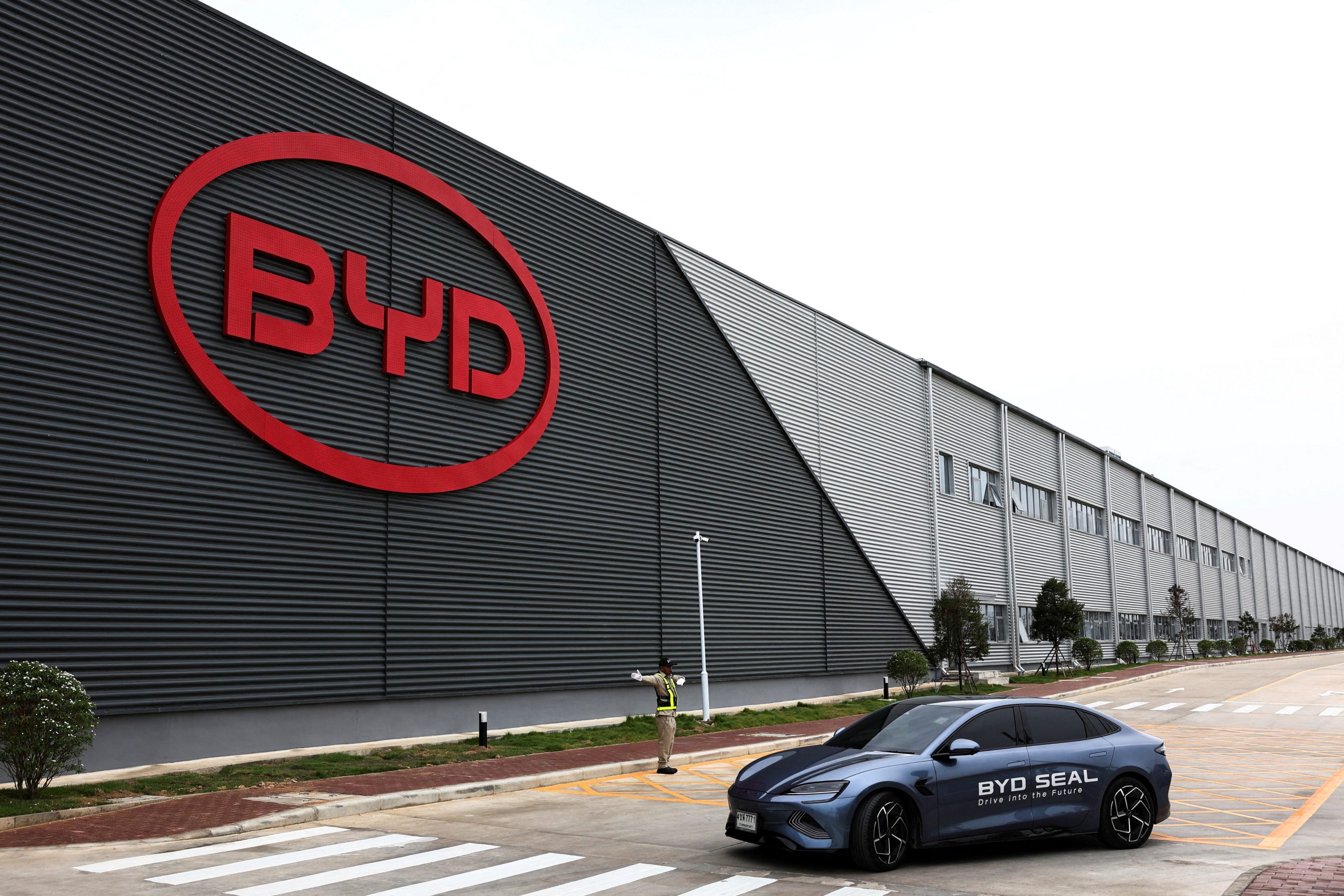BYD, a Chinese electric vehicle (EV) manufacturer, was recently cleared by Thailand’s consumer watchdog of any legal violations regarding its discount strategies, despite complaints from customers. The complaints revolved around undisclosed giveaway prices from BYD’s Thai distributor, Rever Automotive. While Rever faced a fine of 120,000 baht for transparency issues, BYD itself was found not to have broken any laws. This ruling means BYD avoids legal repercussions, although the company still faces challenges in the Thai market.
The primary challenge BYD is grappling with in Thailand is reduced demand in the automotive sector, driven by rising household debt. To combat this, BYD has slashed prices on its Atto 3 and Seal models by up to 400,000 baht ($11,700), aiming to attract more buyers. This move reflects a broader trend in the global EV market, where price cuts are becoming common due to fierce competition and supplier pressures, particularly in China, where manufacturers are adjusting prices to remain competitive.

In addition to price cuts, BYD has introduced promotional incentives to rebuild consumer trust, offering 50,000 baht cash-back and free charging for customers in Thailand. These incentives are designed to offset concerns over the company’s previous price reductions and encourage more consumers to purchase BYD vehicles, even as household debt continues to impact purchasing power in the country. By offering these extra perks, BYD is trying to maintain its customer base and improve sales in a difficult market.
This pricing strategy is part of a broader trend affecting the global EV industry, where price wars are intensifying. Automakers, particularly those in China like BYD, are facing mounting pressure to cut prices to maintain market share. However, these aggressive pricing strategies also put pressure on profit margins. Investors will be keen to observe how these price wars impact the financial performance of key players in the EV market, both in Thailand and globally.
The challenges faced by BYD in Thailand reflect wider economic factors shaping the automotive industry, particularly in emerging markets. Rising household debt, combined with intense competition, is forcing car manufacturers to rethink their strategies. Offering transparent pricing and incentives is becoming more important as companies navigate these challenges. The outcome of BYD’s strategies will likely influence how other manufacturers respond to similar pressures in the global EV market.

